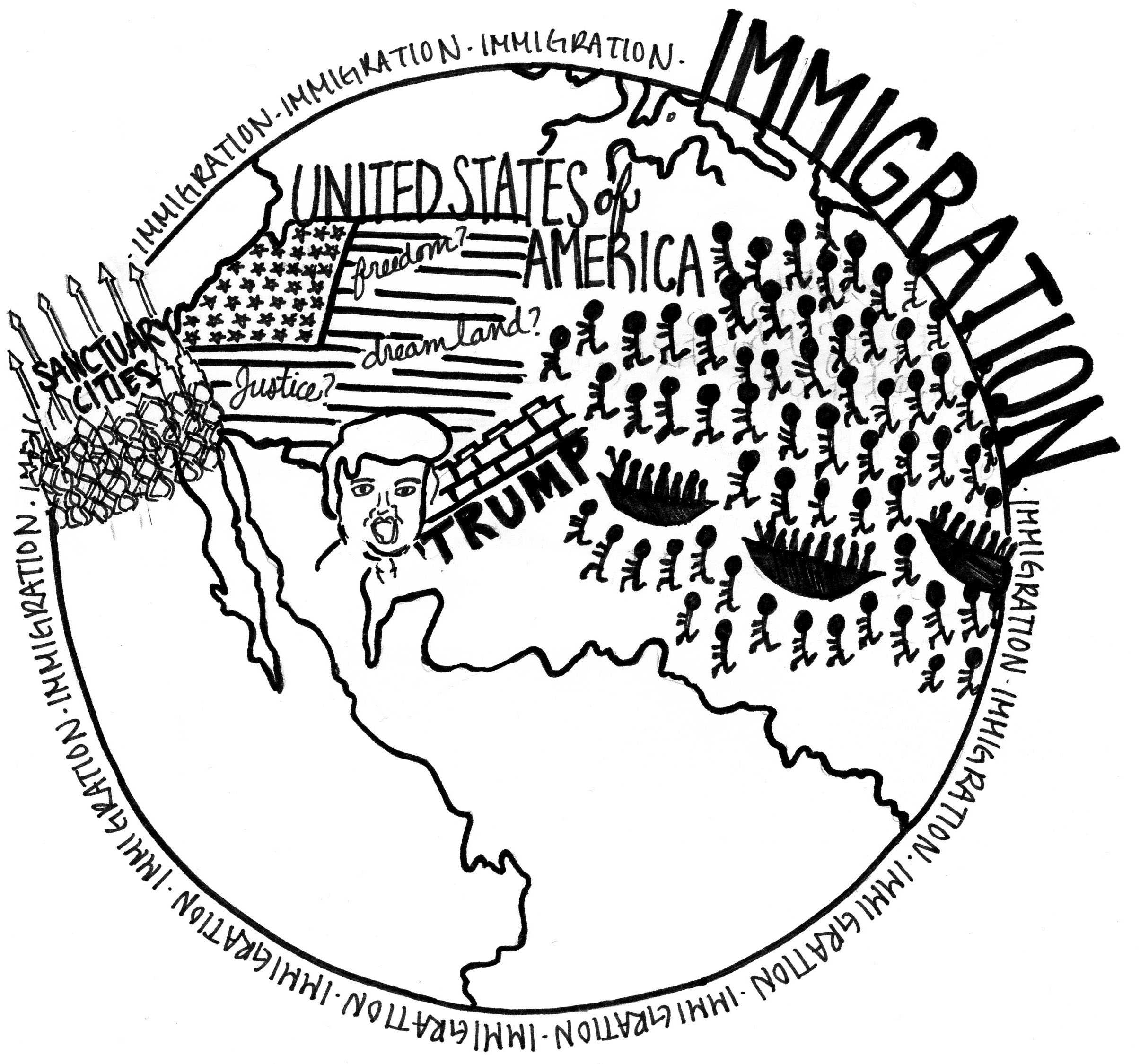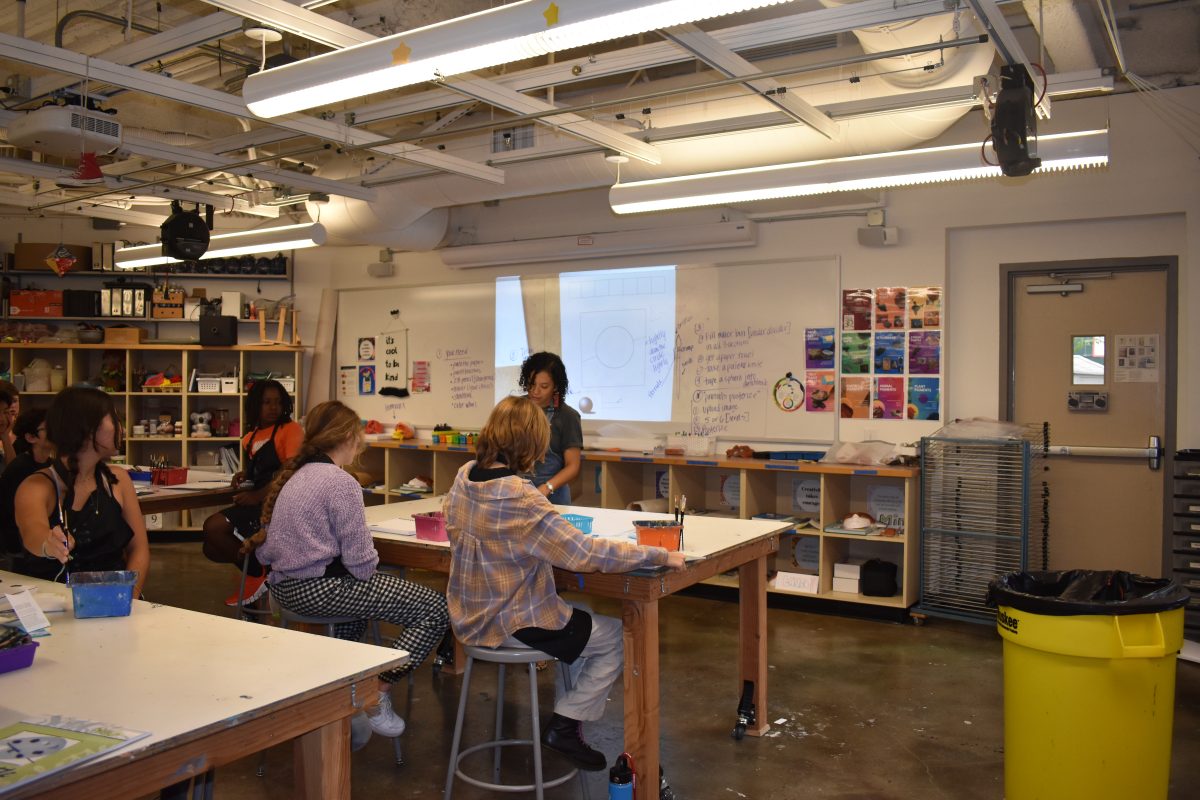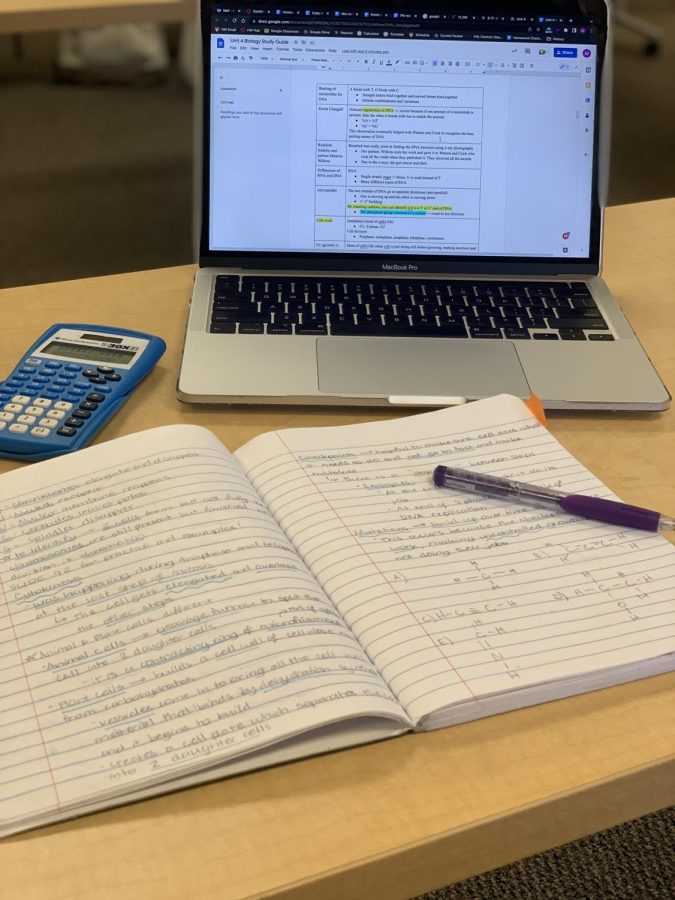By Amelie Zilber ’20, David Arkow ’20, and Jessa Glassman ’20

Left
By Amelie Zilber ’20
As we head towards the beginning of a new presidency, pressing issues of our nation take hold. Immigration poses one of the biggest threats to our generation, and in recent polls has been ranked an escalating complication, amongst many, of our society. Within a number of days, President-elect Donald Trump will be inaugurated into office, alongside many of his ultra conservative reforms while we say goodbye to President Barack Obama and some of the treasured values our nation was built upon.
Trump has long promised to construct a “big beautiful wall” along the southern U.S. border with Mexico to ensure security from, as he sees it, the rising number of immigrants wreaking havoc upon our nation. Promising to triple Immigrations and Customs Enforcement personnel, remove an estimated 690,000 undocumented residents with criminal backgrounds and expel millions of immigrants overstaying their visas, Trump is slowly chipping away the American value of acceptance. An analysis by the Washington Post tallies the number of potential Trump-issued deportations to be around 5 to 6.5 million of the 11 million undocumented immigrants residing in the U.S. These policies, in conjunction with the construction of the proposed border wall, is estimated to cost between $50 to $70 billion. Not only would this structure strangle revenue flows and stunt economic growth, but Trump’s reforms would shatter salaries in the hospitality and construction sectors and create massive expenses for U.S. taxpayers in the form of costly deportations, capsizing the American ideals of liberty, equality and opportunity.
Trump, akin to the regulatory reforms of conservative politicians, wishes to cut off Justice Department grants to sanctuary cities, or as labeled by immigrants, their “shields from deportation.” Sanctuary cities in the U.S. are places in which local law enforcement policies restrict the persecution of undocumented immigrants to federal authorities. Immigration was a central pillar in Trump’s campaign, for he gave off the notion American crime and violence arose through the residency of immigrants. Despite statistics showing the drastically decreasing probability of immigrant-based crime in the U.S., Trump’s hardline position on immigration deportation deeply resonated with conservative voters.
Even as the number of civilians fleeing their war-torn countries accumulates, American borders will shut down. Appalling hundreds around the globe, our government is forcing promoters of acceptance to watch as we turn away from the desperate migrants who once had faith in the secure, hopeful nation of America. It is our moral obligation as citizens with a power to make a difference, to offer shelter to those in need, and it is our duty as human beings to have compassion for those whose world’s have perished in their fight for survival.
Right
By David Arkow ’20
President-elect Donald Trump is days away from being sworn in as President of the United States. In the weeks following his victory, Trump moderated his views on issues ranging from Obamacare to climate change and waterboarding. His stance on immigration, which originally appealed to many voters, has changed as well. Trump’s plans for immigration include building a border wall, dealing with illegal immigrants in the U.S. and ending sanctuary cities. While his immigration policy has positives and negatives, it will ultimately protect jobs and wages for American workers, reduce crime, decrease the influx of drugs and create a secure border that will benefit all Americans.
Originally, Trump promised to build a wall across the southern border and make Mexico pay for it. This idea is not practical as many experts have said. “Trump’s Wall” may be part-fence and part-wall as lawmakers have proposed, and Mexico will likely not pay for it. Regardless of this uncertainty, Trump will create a strong border which our country has lacked for the past several years. He will do this by not letting illegal immigrants flow through our borders without being accounted for. Despite the common misconception, Trump said he welcomes immigrants to come into America legally, saying he will build a “big beautiful door” in the wall. Even though Trump’s plans for the wall are unclear, a strong border will make America safer.
Trump also has to deal with 11 million illegal immigrants already living in the United States. Trump said he plans to deport the 2-3 million illegal immigrants who have committed crimes.
“What we are going to do is get the people that are criminal and have criminal records — gang members, drug dealers, we have a lot of these people, probably two million, it could be even three million. We are getting them out of our country or we are going to incarcerate,” Trump said in a “60 Minutes” interview airing Nov. 13.
Even though it would require a federal immigration force to find these people, it is worth the effort to keep our country safer and free of crime and drugs.Trump also said other illegal immigrants are “terrific people” and that he will deal with them after the border is secure and he has deported the criminal immigrants. Some illegal immigrants come to the U.S. to find work, allowing employers to pay them less because they are willing to work for less money. This drives down wages for American workers and even takes some of their jobs away. Trump is prioritizing American wages, jobs and security before illegal immigrants.
The topic of sanctuary cities is specifically important to people living in Los Angeles (also San Francisco, Oakland and more). In sanctuary cities, if illegal immigrants are caught, they cannot be sent back to their original country. Trump plans to end sanctuary cities and enforce the immigration law everywhere. If immigrants came into the U.S. illegally, they broke the law, so sanctuary cities should not exempt them from it.
While Trump’s immigration plans and future policies may be difficult to carry out, they will protect American jobs and wages, reduce crime and the influx of drugs and make America safer for everyone.
Center
By Jessa Glassman ’20
With Trump only days away from inauguration, people worldwide are kick starting an in-depth conversation on his stance on different issues and policies. An important topic that has been discussed recently in immigration, which has become problematic for an array of reasons including job loss for U.S. citizens, stolen taxpayer resources, increased crime etc.. The main problem arises from questions about how to handle undocumented people in the country and how to prevent more from entering.
Trump’s infamous wall that sparked backlash from our population has been disputed, praised and questioned. Though a wall might sound like a good idea t some it is economically impractical considering the large U.S. debt. Also, since the border the U.S. shared with Mexico is nearly 2,000 miles long, it is unknown how long it would take to build. Another issue with the wall is that it inherently perpetuates a xenophobic mindset. The U.S., a country built on freedom and civil liberties, should not be building a large structure that separates us from another country in order to prevent anyone from entering. This does not mean the U.S. should continue to have such open borders; the country needs to find another solution that includes making it known that any person, no matter where they come from, is welcome so long as they are legal. Regardless, it is imperative that the borders are tightened, but a wall is not the answer.
The obvious harms that come with the wall beg the question of why the U.S. will not tighten the border shared with Mexico through increased supervision and use of different technologies to increase detection and efficiency. It would have nearly the same effect as a wall while avoiding many of its problems.
Another way to solve the issues inherent to illegal persons ins getting rid of sanctuary cities. They defeat the purpose of having laws on immigration. If there are places were people can live undocumented and it is considered legal, it deters these people from seeking citizenship and also creates the same economic and social issues that come with illegal immigration to non sanctuary cities.
It is unfair to people undergoing the immigration process if illegal persons go unchecked. This means that improvements must be made so that is harder to cross the border without the permission of the law and so that citizenships are more efficient and accessible. A major factor in deterring illegal immigration is deportation. Given the current loose laws regarding deportation, people cross the border illegally because they feel like they will not get caught. If we tighten these laws, for certain circumstances like criminals or people without children, we can avoid many of the problems the illegal population brings and encourage more people to apply for citizenship.



